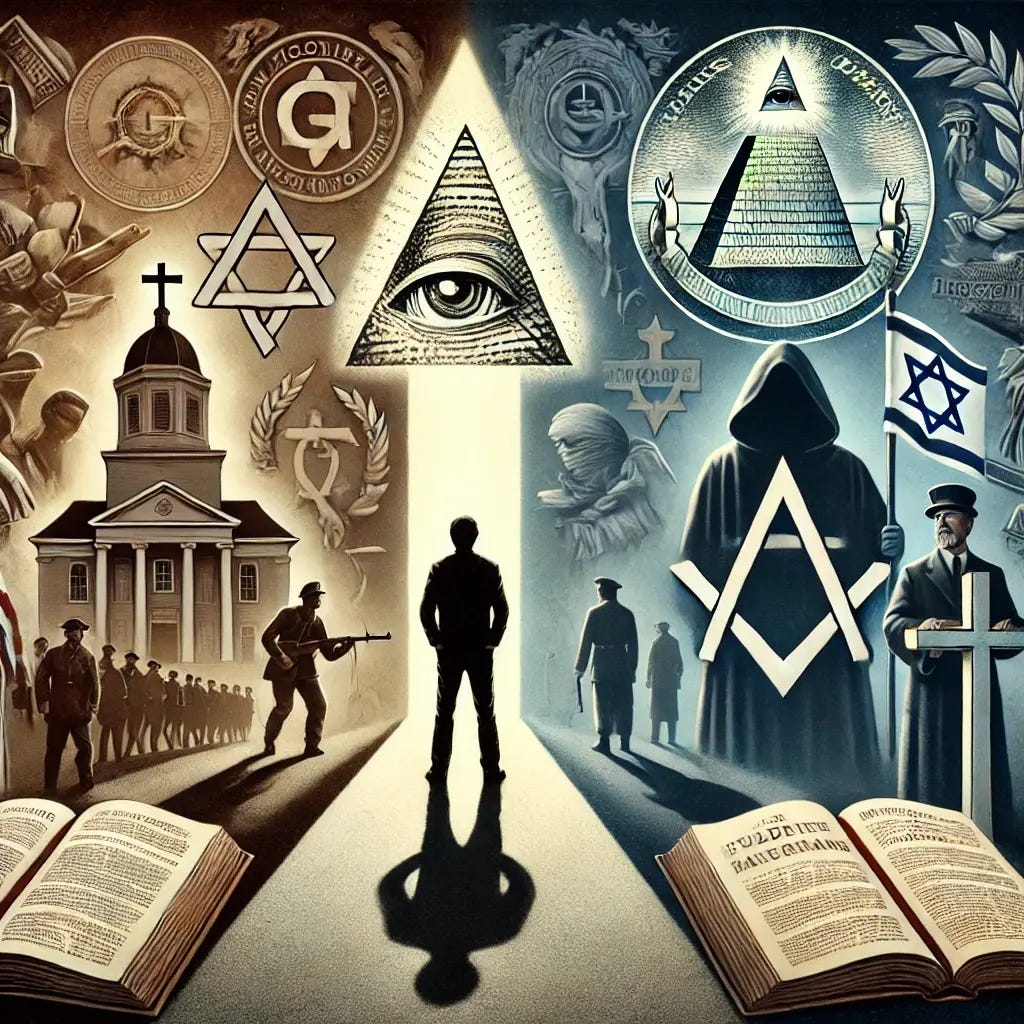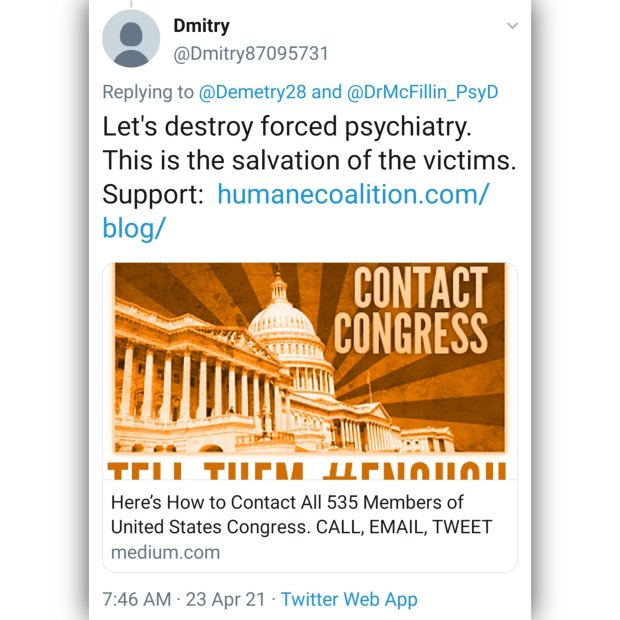Unraveling the Ties
From Childhood Theology to Questioning Evangelical Narratives
https://x.com/KimDotcom/status/1845979781143450080
I was baptized at the age of five in a Dutch Reformed Church. Although I technically wasn’t raised Christian—my mother was against organized religion—my grandmother, her mother, would teach me Protestant theology from a post-World War II perspective. She would read me the Book of Revelation and interpret the four living creatures as representing the four Axis powers. She also taught me terrible things about Catholics. Ironically, my personal experiences with God felt deeply Catholic, which challenged my theological upbringing.
It wasn’t until very recently that I remembered going into my grandmother’s room, seeing her theology books, and noticing a curious pattern. Figures like Hagee and Billy Graham, both influential in evangelical circles, are Zionists and Masons. Even C.S. Lewis was a Mason. It's interesting because, growing up, the evangelical churches I was familiar with strictly forbade playing Dungeons and Dragons. Yet, The Lord of the Rings was acceptable because it was written by Tolkien, who was friends with C.S. Lewis. Everything we were told to enjoy—whether culture, books, or entertainment—was dictated by Zionists with hidden agendas.
The noticing didn’t stop there. The hippie church I helped co-found—although I don’t take credit for the work of the Holy Spirit—had many Jewish Christians, or those with influence who came from wealth. Many were Messianic Jews, Jews who had converted to Christianity. One of the main books we studied was Life Together by Dietrich Bonhoeffer.
At one point, I went through a period where I questioned my salvation, unsure whether I was bound for heaven or hell. The debate between free will and predestination consumed me. So, I began studying systematic theology in libraries and bookstores, seeking certainty about my eternal fate.
It was then that I encountered Dietrich Bonhoeffer’s thesis on justification through faith alone, written while he was allegedly a student of Karl Barth, a renowned German theologian. Bonhoeffer’s thesis focused on the doctrine of justification by faith alone.
In East Germany at the time—or at least according to the history we’ve been told—Martin Luther’s theology was criticized as "cheap grace," and some even claimed it enabled the rise of Nazi Germany, allowing Christians to justify horrendous acts.
When I read Bonhoeffer’s thesis, I felt physically sick. It seemed like the most blasphemous mental gymnastics I had ever encountered. Looking back now, it all makes sense. Out of all the martyrs in the Christian faith, why does Bonhoeffer receive the most attention in our generation? He’s the one who gets the most press, labeled as a martyr.
It’s almost as if a particular group of people elevated Bonhoeffer’s story to infiltrate the church, particularly evangelicals, in order to perpetuate the World War II narrative. This, in turn, supports endless wars backed by Christian churches across Europe and America. It’s called the United Nations.
Claudia Sheinbaum
Claudia Sheinbaum is poised to become Mexico's first Jewish president, a surprising development given the country's demographics and religious landscape.
The Journey from Self-Reliance to Spiritual Fulfillment
Many years ago, I made a vow to God that if He took away the thing that was tormenting me, I would tell the whole world about what He did.
Let’s destroy #ForcedPsychiatry. This is the #Salvation of the #Victims. #RT: @mh_reform @Demetry28 @PsychVictims #HumanRights
There is only one thing left for such professionals to know. – Any of their decisions has the status of a verdict. Nobody dares to dispute this. It remains to rely on power. Don’t need to know anything else for this.





